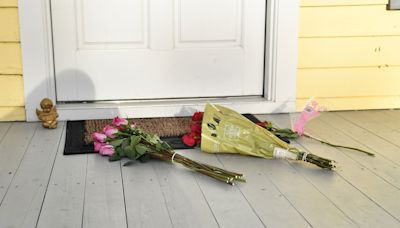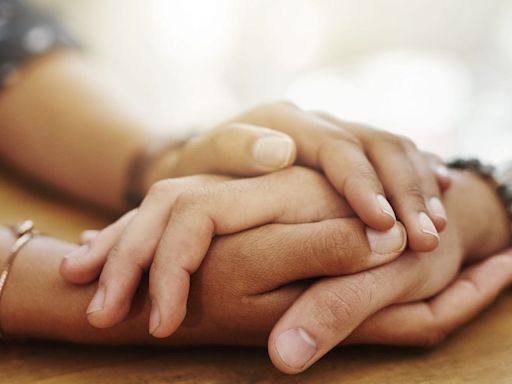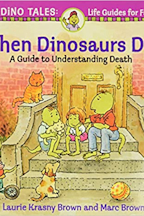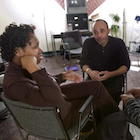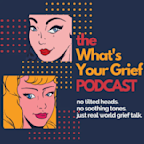Search results
Find the right therapist for you.
Powered by

You will be redirected to a third party site for results, which are provided for informational purposes only. Yahoo does not retain any information submitted via this form, and does not endorse or recommend any particular services or therapists.
- Text HOME to 741741 to reach a trained Crisis Counselor through Crisis Text Line, a global not-for-profit organization. Free, 24/7, confidential.
What Is Grief?
Coping With Grief
How To Help A Loved One Who Is Grieving
9 thoughtful actions and words to help someone grieving the loss of a loved one
It's important to acknowledge when someone is struggling with the loss of a loved one. Acknowledge their emotions and offer to be a listening ear.
INSIDER
What to Say to Someone Who Lost a Loved One, According to a Grief Counselor
Every situation is different, but this advice can help you be more thoughtful with your words.
Hello Giggles
People also ask
What are the 5 stages of grief?
What is the first stage of grief?
What is the bargaining stage of grief?
May 17, 2023 · Learn about the 5 or 7 stages of grief, how they affect you, and how to cope with them. Find out the differences, examples, and importance of each stage in the Kübler-Ross model.
- Denial. The first stage in this theory, denial helps us minimize the overwhelming pain of loss. As we process the reality of our loss, we are also trying to survive emotional pain.
- Anger. It is common to experience anger after the loss of a loved one. We are trying to adjust to a new reality and we are likely experiencing extreme emotional discomfort.
- Bargaining. When coping with loss, it isn't unusual to feel so desperate that you are willing to do almost anything to alleviate or minimize the pain. Losing a loved one can cause us to consider any way we can avoid the current pain or the pain we are anticipating from loss.
- Depression. During our experience of processing grief, there comes a time when our imaginations calm down and we slowly start to look at the reality of our present situation.
- Denial. You’re let go from your job, but the next day, you still get up early and start to get ready to head into the office, just in case your boss changes their mind.
- Anger. “Anger is a perfectly natural response, and in the case of loss, it can be directed at a variety of sources,” Dr. Josell says. It can also manifest as blame — the feeling that someone else is at fault for your loss.
- Bargaining. The bargaining process sometimes happens before your loss has fully occurred, like when you think, “If I recover from cancer, I promise I’ll start going to go to church every week,” or “If my husband pulls through after his heart attack, I’ll never argue with him again.”
- Depression. It’s natural to be sad when someone you love dies or when you’ve experienced another major loss. Symptoms of the depression stage of grief can include
- hhp_info@health.harvard.edu
- Denial. Denial refers to the period of grieving during which a person refuses to accept the reality of a situation. Denial is different than not understanding.
- Anger. Once a person comes to understand the information they received, and accepts the reality of a death, they often experience anger. Anger can be a natural response directed toward oneself, family members, doctors, God, or even the deceased.
- Bargaining. When we experience grief, we often feel hopeless and overwhelmed. It is common to be overcome by statements of "what if" and "if only," as we experience a loss of control over what is happening.
- Depression. Depression is a feeling of sadness and hopelessness that often results with the loss of a loved one. While the earlier stages of grief help to protect us from the emotional pain experienced with loss, often these feelings are inevitable.
Feb 13, 2024 · Learn about the psychology of grief, a complex and natural process of coping with loss. Explore the five stages of grief, the grief work model, the role of anger, and how to help yourself or others through grief.
Feb 11, 2021 · Learn about the Kübler-Ross model of the five stages of grief: denial, anger, bargaining, depression, and acceptance. Find out how to cope with loss and seek help when you need it.
May 9, 2024 · Learn about the stages and types of grief, and how to cope with the pain of loss. Find out the myths and facts about grief, and how to seek support and healing.








